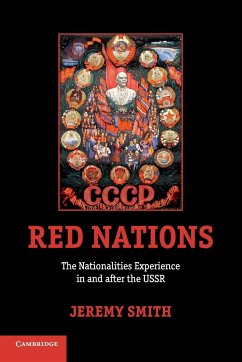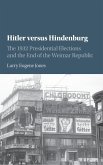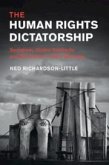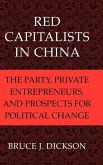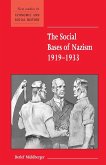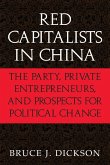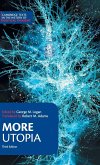Red Nations offers an illuminating and informative overview of how the non-Russian republics of the Soviet Union experienced communist rule. It surveys the series of historical events that contributed to the break-up of the Soviet Union and evaluates their continuing resonance across post-soviet states today. Drawing from the latest research, Professor Smith offers comprehensive coverage of the revolutionary years, the early Soviet policies of developing nations, Stalin's purges and deportations of small nationalities, and the rise of independence movements. Through a single, unified narrative, this book illustrates how, in the post-Stalin period, many of the features of the modern nation state emerged. Both scholars and students will find this an indispensable contribution to the history of the dissolution of the USSR, the reconstruction of post-Soviet society, and its impact on non-Russian citizens from the years of the Russian Revolution through to the present day.
'Jeremy Smith has given us the first comprehensive account of the turns and twists of Soviet nationality policies from the revolution to the present. An acknowledged expert on the USSR's practices among non-Russian peoples, Smith shows how nations were constructed and reconstructed by an ostensibly internationalist socialist state that both promoted ethnic cultures but also exiled whole peoples to eradicate perceived threats to the regime. The importance of his story should not be underestimated. The heritage of Soviet aspirations, achievements, and brutal impositions continues after the collapse of communism and remains the ground on which fifteen new states build their future.' Ronald Grigor Suny, Charles Tilly Collegiate Professor of Social and Political History, University of Michigan

